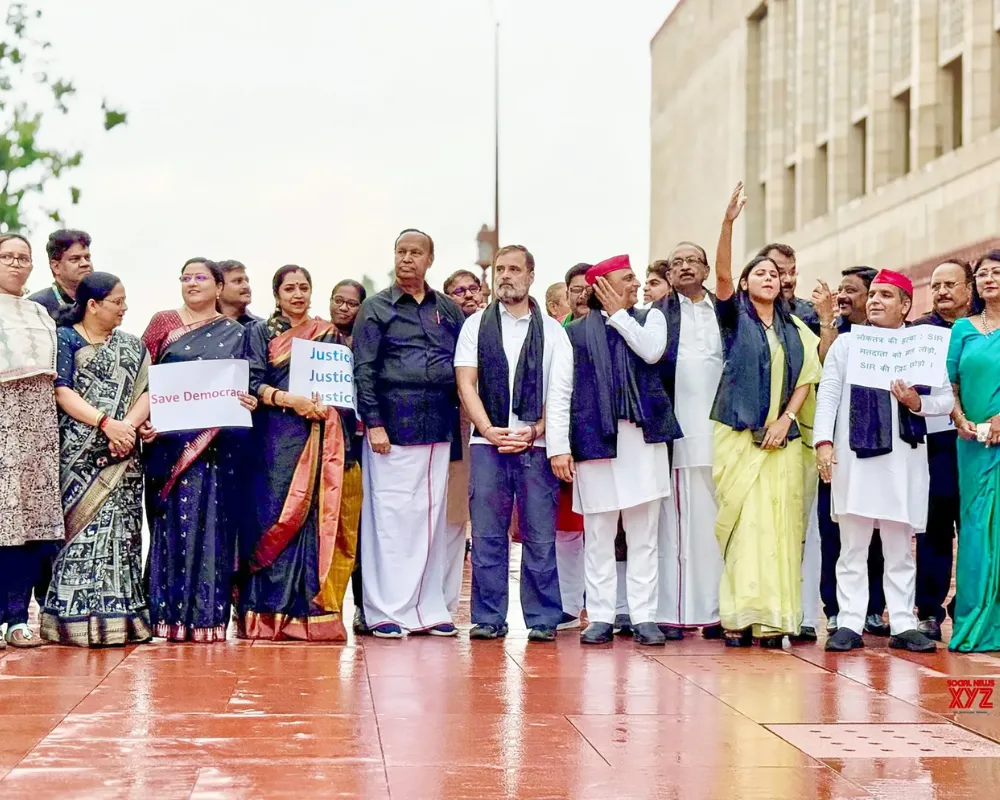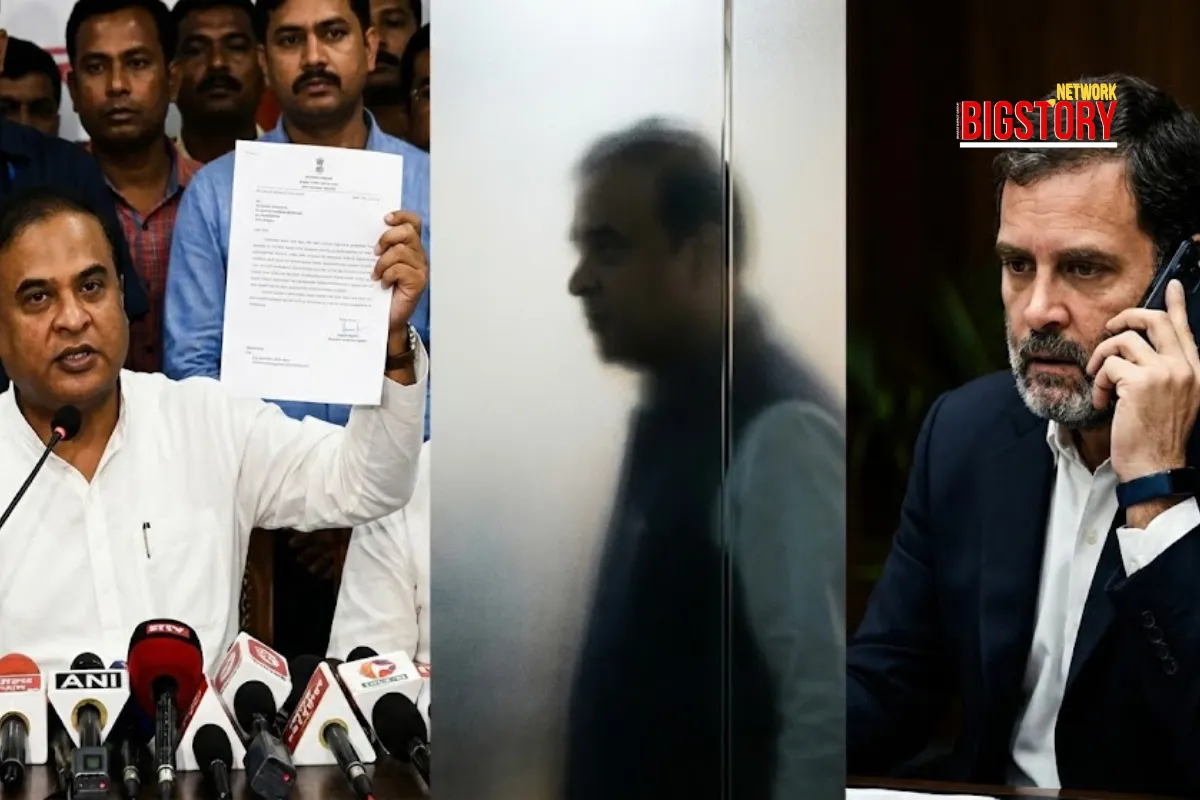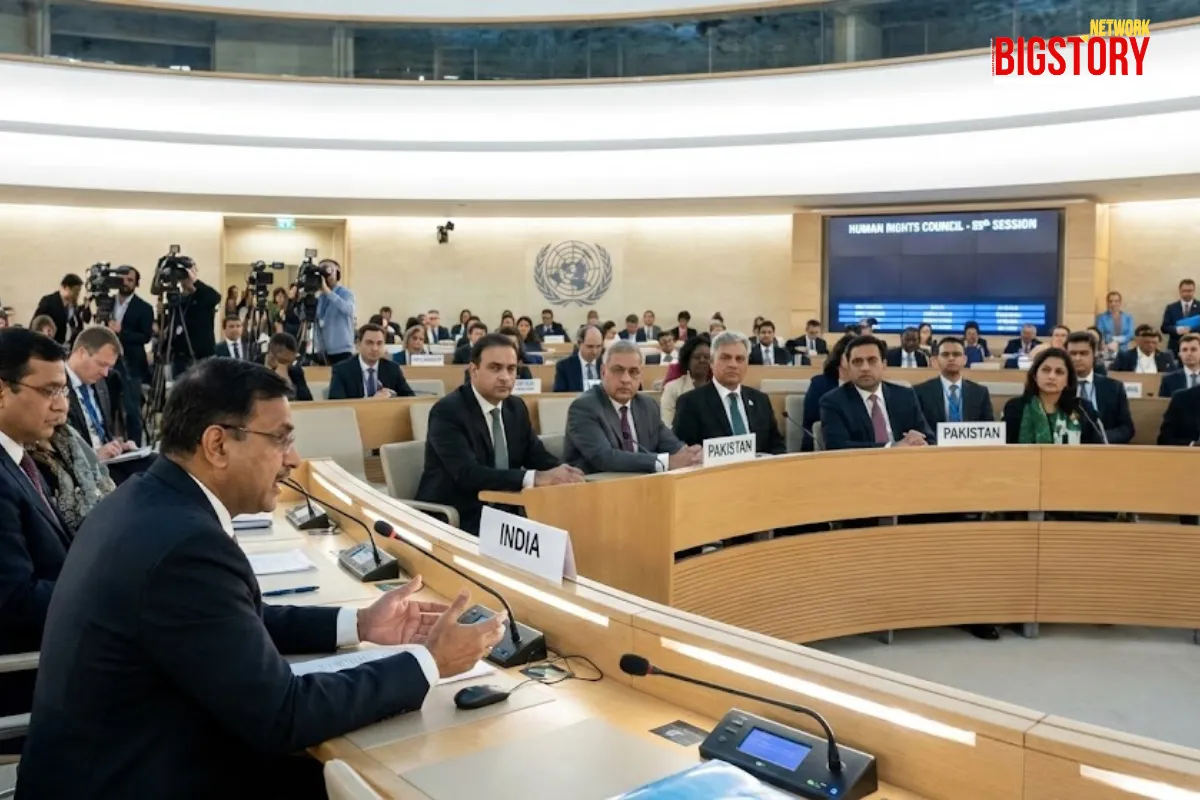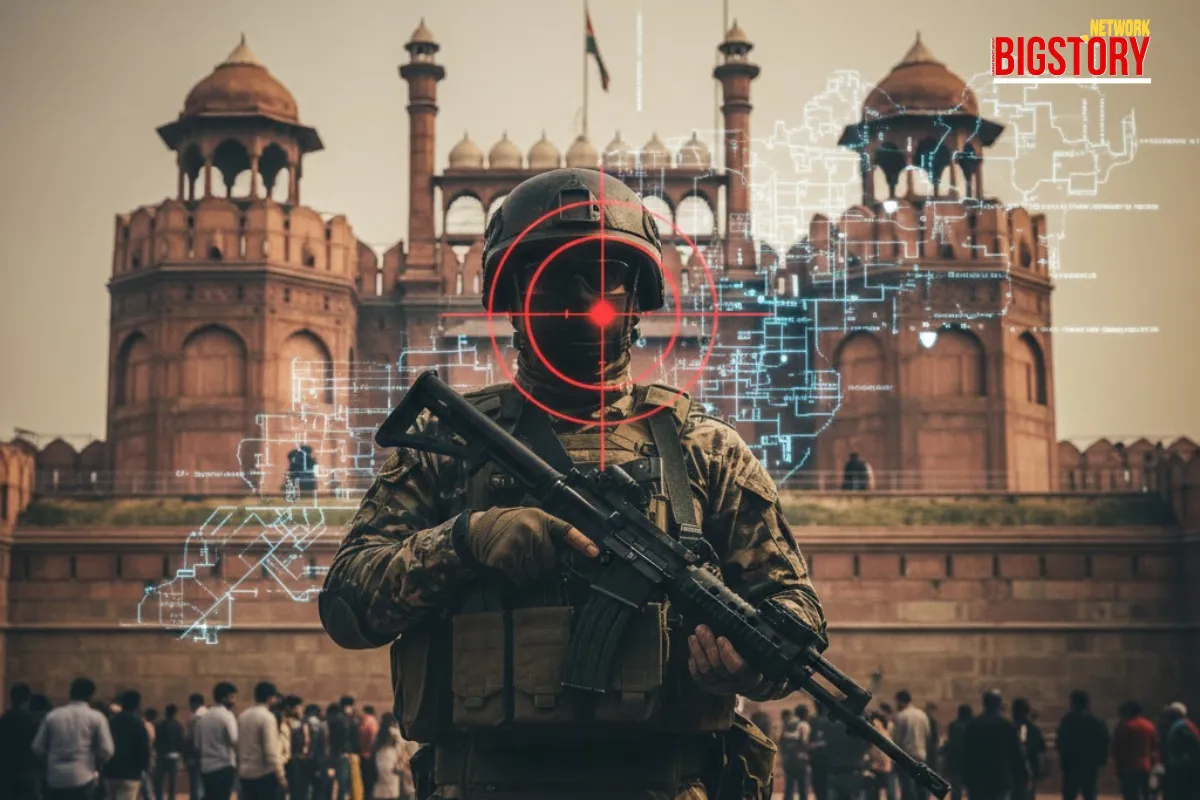Discover how parliamentary disruptions in India directly cost taxpayers crores of rupees and hinder crucial legislative work, impacting national progress.
 Manish Saini
Manish Saini

Parliament, the cornerstone of India's democracy, is meant to be a vibrant forum for debate, deliberation, and law-making. However, a recurring spectacle in recent times has been the frequent disruptions, leading to adjournments and a significant loss of productive time. While the reasons for these disruptions are varied – from political disagreements to demands for specific discussions – the undeniable truth is that they come at a steep price, a price borne directly by the Indian taxpayer.
Imagine a factory where workers are paid by the hour but spend most of their time arguing instead of producing. This analogy, though simplified, captures the essence of parliamentary disruptions. Running the Indian Parliament is an expensive affair. Reports indicate that each minute of parliamentary session costs approximately Rs 2.5 lakh. This includes the salaries and allowances of Members of Parliament (MPs), the vast administrative and security infrastructure, and the operational expenses of both Lok Sabha and Rajya Sabha.
When sessions are repeatedly adjourned due to protests, walkouts, or unruly behavior, this substantial per-minute cost continues to tick, even as no constructive work is being done. For instance, recent sessions have seen days where the Houses functioned for only a fraction of their scheduled time. Just a few days of such disruptions can translate into crores of rupees of taxpayer money effectively going down the drain. This isn't merely an abstract figure; it's money that could have been invested in crucial public services like healthcare, education, infrastructure, or poverty alleviation.
Beyond the direct financial cost, the indirect impacts are even more profound and detrimental to the nation. Crucial legislative business often gets stalled or rushed through without adequate debate. Bills that could address pressing national issues, from economic reforms to social welfare, face delays or pass without proper scrutiny, potentially leading to flawed policies. The "Question Hour" and "Zero Hour," vital mechanisms for holding the government accountable and raising matters of public importance, are frequently washed out, diminishing transparency and accountability.
Furthermore, these disruptions erode public trust in democratic institutions. When citizens see their elected representatives engaged in shouting matches and walkouts instead of addressing their concerns, it fosters disillusionment and cynicism. It sends a message that political theatrics take precedence over the nation's progress. This erosion of trust can have long-term consequences for democratic participation and engagement.
While dissent is a fundamental aspect of democracy and the opposition has a crucial role to play in holding the government to account, constant disruptions that paralyze Parliament are counterproductive. There's a fine line between legitimate protest and obstructionism that harms the very people MPs are elected to serve.
It's time for all political parties and elected representatives to reflect on the true cost of these disruptions. The Indian taxpayer, from the farmer in a village to the professional in a city, contributes to keeping the parliamentary machinery running. They deserve to see their money utilized for productive debate and effective governance, not for endless adjournments. A functional, deliberative Parliament is not a luxury; it is a necessity for India's progress and prosperity. It's high time our lawmakers prioritize the nation's business over political grandstanding.






Sign up for the Daily newsletter to get your biggest stories, handpicked for you each day.
 Trending Now! in last 24hrs
Trending Now! in last 24hrs



